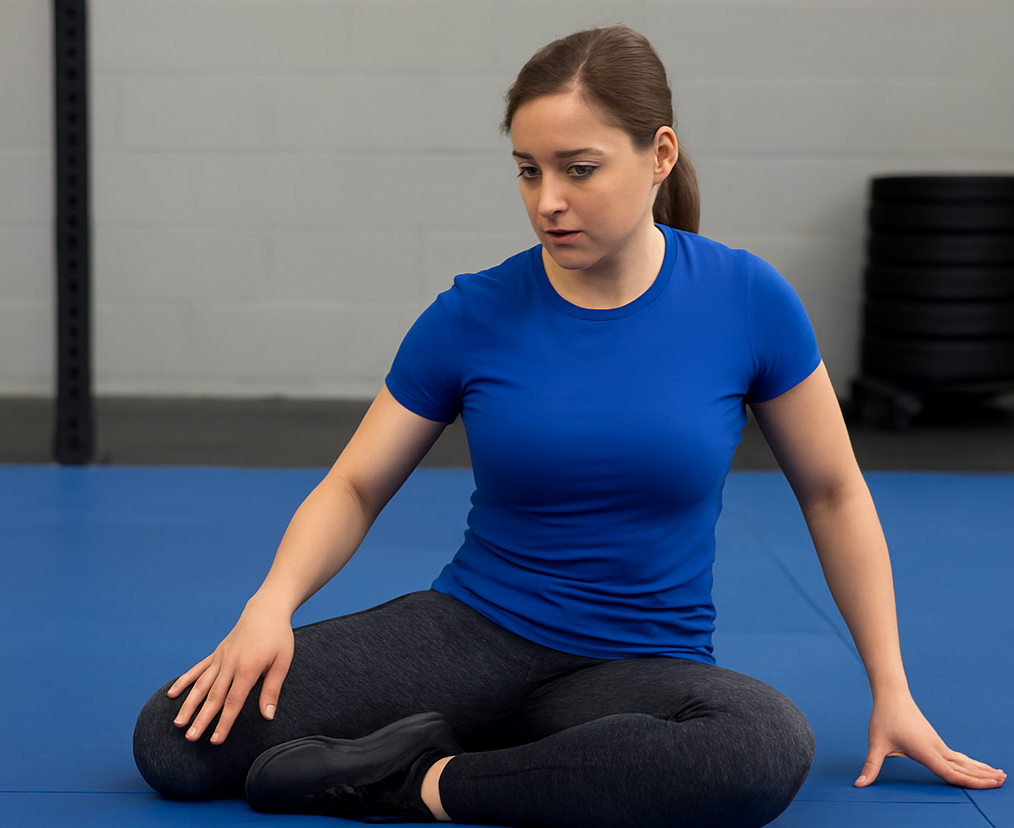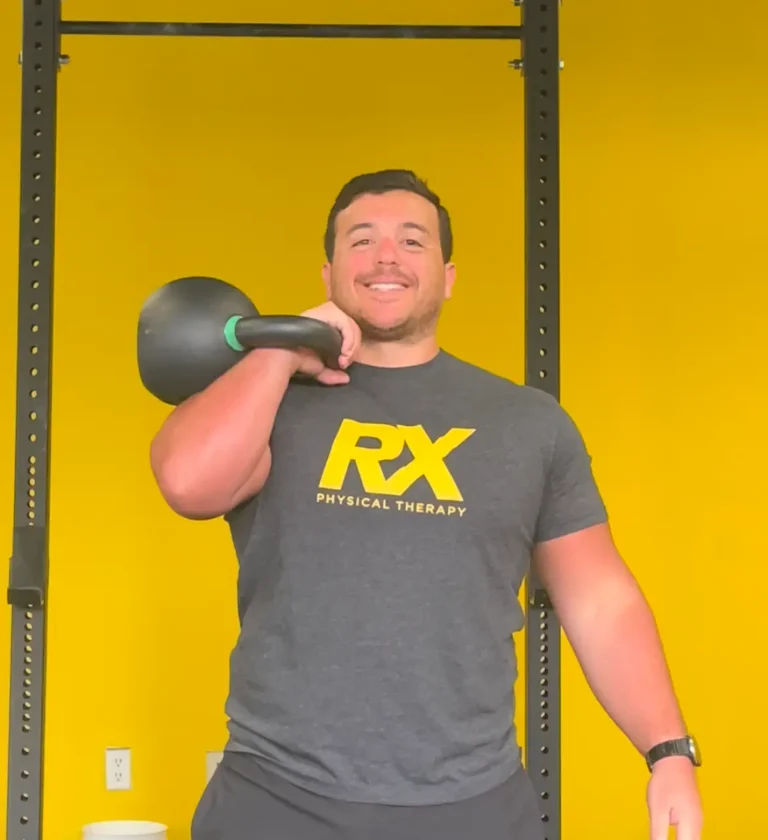You Took Time Off, But the Pain’s Still There—Now What?
You felt some nagging hip pain during squats or lunges, so you did the smart thing: took a break from the gym, iced it, maybe even stretched. But now it’s been a week (or longer), and the pain hasn’t improved—or comes right back when you try to train again.
If this sounds familiar, you’re not alone. Hip pain that lingers despite rest is a common issue among active adults and lifters, and it usually signals that the root cause isn’t being addressed.
Let’s break down what might be going on, why rest alone often isn’t enough, and what to do to get back to pain-free training.
🔍 Why Rest Alone Doesn’t Always Fix the Problem
Rest can help reduce inflammation, but it doesn’t solve biomechanical or neuromuscular issues. If your hip pain is due to:
- Femoroacetabular Impingement (FAI)
- Tendon irritation (like the hip flexors or glutes)
- Poor joint centration or stability
- Movement pattern breakdowns under load
…then simply taking time off won’t reset your mechanics or rebuild tolerance to movement.
🚨 Signs Your Hip Pain Needs More Than Rest
If you’re experiencing any of the following, it’s time to look deeper:
- Pain that returns as soon as you load the hip (squat, lunge, step-ups)
- Clicking or pinching deep in the front of the hip
- Pain with prolonged sitting or walking
- Decreased range of motion or stiffness
- One side always feeling “tight” or unstable
🔬 Common Culprits Behind Lingering Hip Pain
1. Femoroacetabular Impingement (FAI)
This is when the bones of the hip joint pinch during certain movements (especially deep flexion or internal rotation). It’s common in lifters who squat deep without the mobility or control to own the position.
What to look for: Sharp pinch at the front of the hip during deep squats or hip flexion.
2. Hip Flexor Overuse or Irritation
Over-reliance on the hip flexors during lifting (especially if your core isn’t bracing well) can lead to strain or irritation that lingers.
What to look for: Achy pain in the front of the hip, worse with high knees or lifting your leg.
3. Glute Weakness or Inhibition
If your glutes aren’t firing effectively, your hip joint lacks stability, which can lead to excessive motion and stress on surrounding tissues.
What to look for: Feeling your quads or low back doing more work than your glutes during lifts.
4. Poor Bracing and Pelvic Control
If your pelvis tips forward or your ribcage flares when lifting, it can increase tension on the front of the hip.
What to look for: Arching your low back during lifts, trouble engaging abs and glutes together.
✅ What You Should Do Instead of Just Resting
1. Get a Movement Assessment
Don’t guess. A skilled physical therapist can assess how your hips move, how your core functions, and what compensation patterns might be driving the issue.
2. Use Targeted Mobility—Not Random Stretching
If it’s FAI or hip flexor irritation, aggressive stretching could make it worse. Instead, use guided mobility drills:
- 90/90 Hip Transitions
- Banded Hip Distraction
- Controlled Articular Rotations (CARs)
3. Train Core and Glute Control
You can’t out-stretch poor control. Learn to brace properly and activate glutes with drills like:
- Dead bugs with exhale
- Glute bridges with isometric holds
- Side planks or Copenhagen planks
4. Modify Your Training
You don’t have to stop training altogether. Just train smarter:
- Try box squats to limit range and control depth
- Adjust stance width to find a pain-free groove
- Use tempo reps to rebuild control and awareness
You can get more detailed information on this by checking out our return to deadlifting blog.
🏁 Final Thoughts: Rest Is Only Part of the Puzzle
Hip pain that doesn’t go away with rest is your body asking for a better solution, not just a break. Identifying the true root cause and retraining your movement patterns is the key to long-term results—so you can get back under the bar pain-free.
📍Need Help With Persistent Hip Pain?
At RX Physical Therapy in Wayne, NJ, we specialize in helping lifters and active adults overcome pain and get back to the movements they love.
✅ 1-on-1 care
✅ Movement-based diagnosis
✅ Tailored rehab and return-to-training plans
📅 Book your assessment today or DM us on Instagram @rx_physical_therapy


